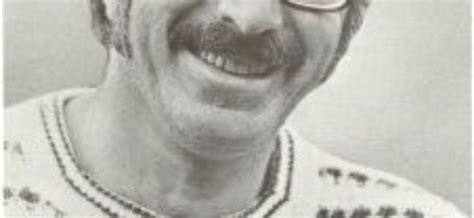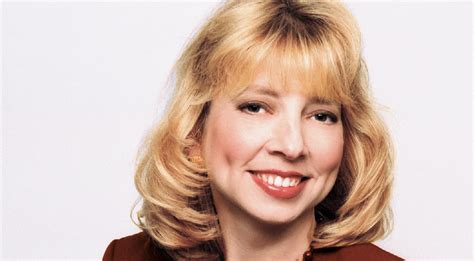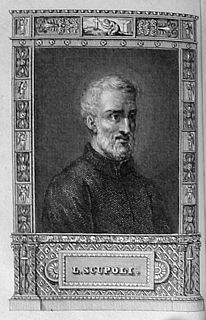A Quote by Victor Hugo
The supreme happiness of life is the conviction that we are loved; loved for ourselves, or rather in spite of ourselves.
Related Quotes
You can give without loving, but you can never love without giving. The great acts of love are done by those who are habitually performing small acts of kindness. We pardon to the extent that we love. Love is knowing that even when you are alone, you will never be lonely again. & great happiness of life is the conviction that we are loved. Loved for ourselves. & even loved in spite of ourselves.
We may remark in passing that to be blind and beloved may, in this world where nothing is perfect, be among the most strangely exquisite forms of happiness. The supreme happiness in life is the assurance of being loved; of being loved for oneself, even in spite of oneself; and this assurance the blind man possesses. In his affliction, to be served is to be caressed. Does he lack anything? no. Possessing love he is not deprived of light. A love, moreover, that is wholly pure. There can be no blindness where there is this certainty.
It happens the world over - we love ourselves more than we do the one we say we love. We all want to be Number One, we've got to be Number One or nothing! We can't see that we could make ourselves loved and needed in the Number Two, or Three, or Four spot. No sir, we've got to be Number One, and if we can't make it, we'll rip and tear at the loved one till we've ruined every smidgin of love that was ever there.
in the nineteenth year and the eleventh month speak your tattered Kaddish for all suicides: Praise to life though it crumbled in like a tunnel on ones we knew and loved Praise to life though its windows blew shut on the breathing-room of ones we knew and loved Praise to life though ones we knew and loved loved it badly, too well, and not enough Praise to life though it tightened like a knot on the hearts of ones we thought we knew loved us Praise to life giving room and reason to ones we knew and loved who felt unpraisable. Praise to them, how they loved it, when they could.

































